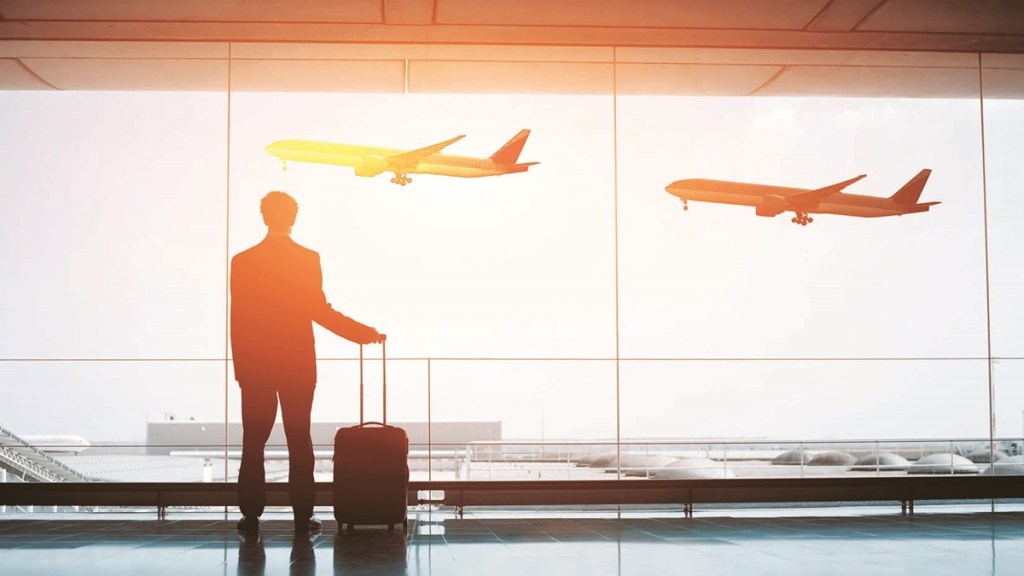By Ben Price
Business travel might gradually return to pre-pandemic levels, but it certainly won’t look the same. Corporate travellers seem to be re-evaluating their priorities and are thinking differently about their return. Since employees have been working from home and interacting with colleagues digitally, many people who would often travel for business are now rightly asking themselves whether they need to be in person at every meeting they might have attended in the past for a “great reconnection.”
Travel remains critical to many businesses’ growth. There are businesses that are most dependent on in-person interactions for success. But there has been realignments and re-evaluation of the cost-benefit equation around face-to-face meetings and events.
At the end of 2024, business travel spending is expected to reach $1.4 trillion. By this time, millennials and Gen Z-ers will be doing much of the travelling given their respective shares in the labour force. And with organisations’ increasing focus on employee well-being and needs, new trends will be witnessed like “bleisure travel”, flexible corporate travel policies, unconventional accommodations, tech disrupting corporate travel, and self-booking.
As we move on to the next era of business travel, the future of this segment of travel will mostly rely on the following factors:
Sustainable travel: The record-breaking climate disasters have accentuated the need for more sustainable travel as we embrace a new era of work. A fundamental shift in how businesses respond to climate change is needed. And in line with the rest of the world, the bar is anyway getting higher for Indian organisations to build sustainability initiatives into their organisational framework and corporate travel programmes. Businesses will be required to adopt an eco-conscious path and adopt technologies that will enable responsible travel.
Businesses are now revaluating their policies and partnering with hotels chains/Airbnb’s/guest homes and airlines that are eco-conscious. They are also allowing employees to choose or even book their accommodations in Airbnb’s or home stays to support sustainable community-based tourism.
Technology is king: Many businesses are now opting for travel management platforms that have made it easier to sort out travel bookings with just a few clicks. If these platforms don’t exist, then business travel managers would still be investing 10x time, effort, and cost in the offline mode to manage associations with different airline carriers and hotel partners. With the arrival of digital payment systems, purchases and transactions have become hassle-free and the approval policies have accordingly become more flexible. Business travel providers have integrated processes that have eliminated tedious paperwork.
The author is COO, SAP Concur APAC
Read Also: EKAM raises Rs 4.8 crore in Angel round


